
10 More Cancelled Vita Games That Should Have Happened - Article
by Adam Cartwright , posted on 03 March 2019 / 5,543 ViewsWhether your console is a runaway success or an abject failure, game cancellations happen. Many projects run into problems during development – whether it be issues with scope and focus (such as Deep Down on PS4), or simply technical problems in porting (such as Steep on Nintendo Switch), an announcement doesn’t necessarily mean that a release will happen.
The Vita has seen a larger than usual amount of cancellations due to its lukewarm sales and aging mobile hardware, and this topic is something I already looked at two years ago, but I've decided to revisit it given that we’ve seen a number of new projects stall in recent months (likely following the recent news that worldwide production has stopped and the console is now discontinued).
So what I’m aiming to look at in this article is ten of the more high-profile games which were either officially announced or heavily rumored to be coming to Vita that ended up never appearing, with an examination of what we knew about them, what they could’ve been, and what happened to them.
13 Sentinels: Aegis Rim
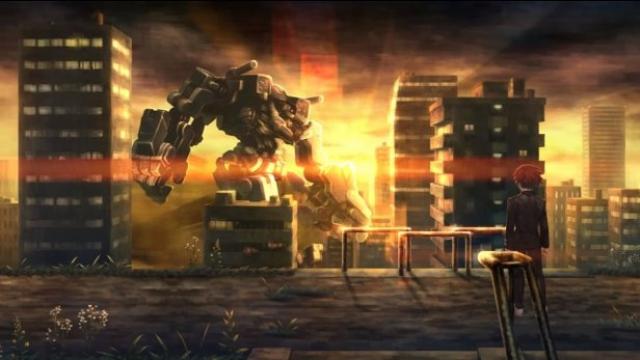
Vanillaware, despite its stature as a tiny independent Japanese studio, has arguably been one of the Vita’s best supporters between its port of the beloved Muramasa, its loot-heavy dungeon crawler Dragon’s Crown, and a stunning update of the PS2 classic Odin Sphere. So when the company announced that it was working on a new game for Vita and PS4 called 13 Sentinels: Aegis Rim expectations were high, even if it was another genre shift for the company (this time to a pseudo visual novel).
Sadly that didn’t come to be as years passed by without any updates on the game (including two Tokyo Game Show press conferences) and it was formally cancelled for Vita at the end of 2018. The process of making 13 Sentinels seems to have been troubled and there’s a paid demo coming out for PS4 this month (a sign that the company is trying to claw back funds due to its protracted time in development, either to finish it off or just to release what has been made and then draw a line under it). It’s a shame that the Vita had to lose out as a result of these problems as there’s a potentially gorgeous title underneath all this mess.
The Banner Saga
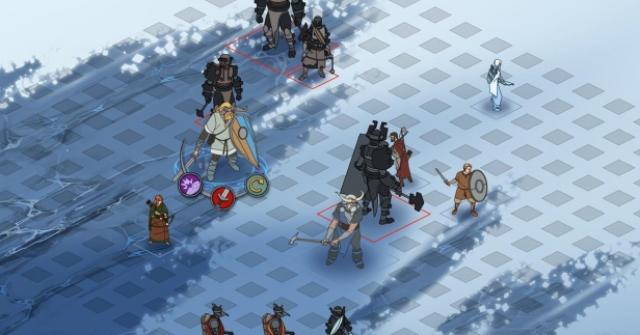
Possibly the only Vita game to hold the accolade of being cancelled not once but twice makes The Banner Saga a double whammy of missed opportunities. Stoic Games’ epic strategy RPG was originally announced to be coming to the platform before development was halted in December of 2015. In stepped Gio Corsi and his Third Party Productions team (with the assistance of experienced porting studio Code Mystics), but even they couldn’t save the ill-fated project from a second cancellation in July of 2017.
Various reasons surrounding technical difficulties were given both times, which suggests we may well have dodged a bullet here – it’s also worth noting that it was only ever confirmed we were getting the first title in a fairly interlinked trilogy, which hints that we may have been left high and dry after the first one. Still, given all the critical acclaim it has received over the years it was difficult not to be at least a little excited. This was made worse when a Nintendo Switch port of all three games was announced rapidly after the cancellation, although this at least means there's a way to play them all on the go).
Bloodstained: Ritual of the Night
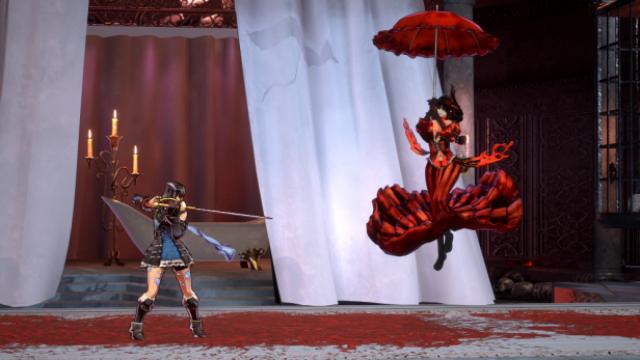
Oh Bloodstained, you were the chosen one. You were the Kickstarter project that was supposed to show all the others how it was done and deliver a compelling metroidvania on all the platforms originally promised. There was even a seasoned developer hired specifically to handle the Vita and Wii-U ports. Yet as time went on the game was repeatedly delayed and developers dropped out, painting a bleak picture and leading to the inevitable cancellation announcement which happened in 2018 (the year it was supposed to release and three years after the successful crowdfunding campaign).
Coming from the mind of Koji Igarashi, the man behind many of the most beloved entries in the Castlevania franchise, including Symphony of the Night, it seemed like a perfect game for Vita and it was a real shame to see it finally cancelled (it even made my most anticipated titles of 2018). On the plus side, at least refunds were offered to all backers and we were still given the rather brilliant 8-bit tie in Curse of the Moon, which is a minor consolation prize.
City Shrouded in Shadow
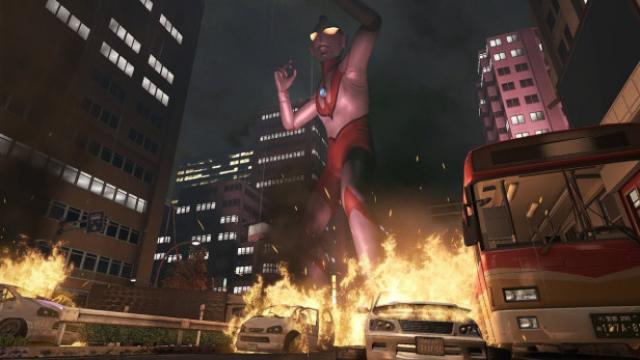
Japan has been the Vita’s most constant source of support, so it’s always surprising to see a game from the region cancelled despite the console’s relatively strong hardware sales over there. City Shrouded in Shadow is a spin-off to the popular Disaster Report series (last seen on PSP), which sees you escaping a city being attacked by a variety of Japanese monsters, including Godzilla and Ultraman. It sounds like a fantastic mix of action and survival horror that I’d love to see on Vita.
Sadly, after being announced, the project went silent for years before resurfacing as a PS4-only release (just like 13 Sentinels), despite the developer saying the Vita cancellation wasn’t due to specs. Oddly the game is still Japan-only, although import reviews seem largely positive (despite some abysmal framerate drops at times), making it a real shame we can’t play it on Vita, especially as the platform has been a really good home for quirky Japanese titles like these.
Dungeon Defenders
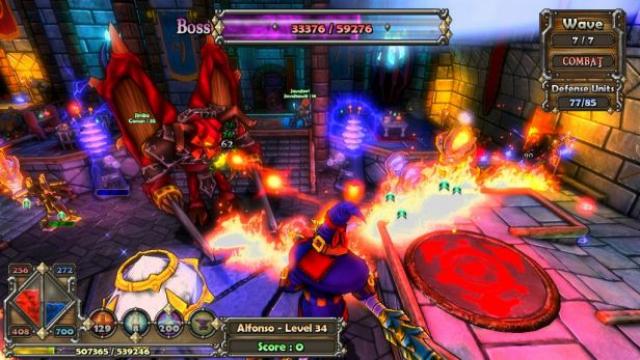
Tower defence is a genre that seems well-suited to handhelds, offering bite-sized missions to chip away at on the go. Yet precious few developers actually attempted this on Vita. Aegis of Earth, Defender’s Quest, Final Horizon, and Pixeljunk Monsters were a few of the standouts but otherwise you’re pretty stuck, and there are even fewer that offer action elements too (Ratchet & Clank: Q-Force is pretty much your only option, despite its plethora of technical problems). It was a gap in the market that desperately needed filling, so it seemed perfect that Trendy Entertainment’s beloved Dungeon Defenders was announced to be making the jump across.
In Dungeon Defenders you play as one of a variety of classes in a third-person action game that also allows you to build structures to defend your base. It's an addictive mix of genres that was very well received upon its initial release. Unfortunately it never saw light of day on Vita as the developers shifted resources to other projects, and that's a crying shame because I can’t think of many titles that would be better suited to being a part of the console's library.
Game of Thrones
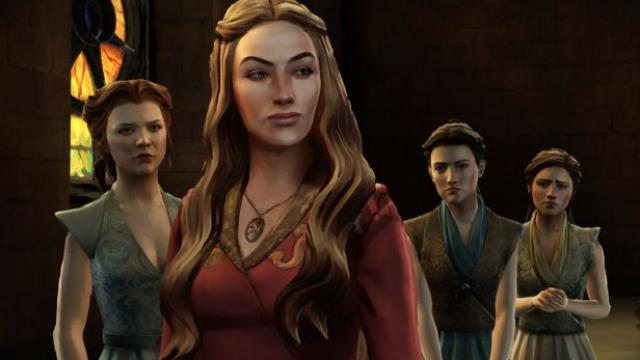
There was a time when Telltale Games, creators of the critically acclaimed The Walking Dead and the company heralded as being the savior of the narrative adventure genre, seemed to be going all-in on Vita. On top of two zombie games, as well as the cult hit The Wolf Among Us, Telltale also announced that Minecraft: Story Mode and Tales from the Borderlands would be coming to Vita, as well as its take on the hugely popular Game of Thrones IP. Sadly, not a single one of these actually made it out.
I included Tales from the Borderlands in my previous list but Game of Thrones seemed just as interesting. Taking place between the third and fourth seasons of the TV show, and boasting a new cast interacting with the established characters while forcing you to make choices that will ultimately decide their fates. We never got a reason why it didn’t happen, although the sudden and unexpected closure of the studio suggests there were a lot of problems behind the scenes that went well beyond the Vita.
JYDGE
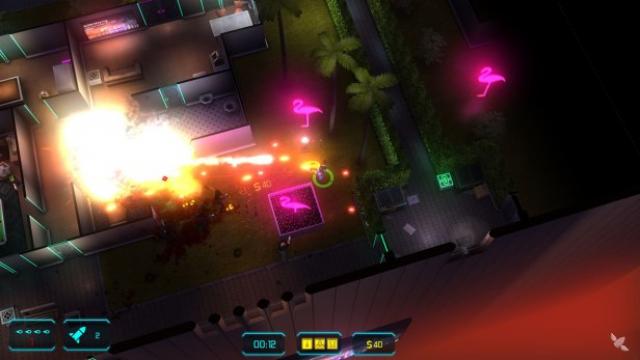
Despite the fact that independent games have flourished on Vita throughout its life, we’ve seen a tonne of cancellations in recent years, ranging from the high-profile (see Bloodstained above) to the very minor (whatever happened to Collectems, the Pokemon clone that was announced in 2014?). One that hit me hard was JYDGE from 10tons, one of Vita’s biggest supporters. It looked to be the firm's most ambitious and exciting title yet.
As the name suggests, the game is heavily inspired by Judge Dredd and casts you as a cybernetically-enhanced law enforcer required to raid strongholds and bring criminals to justice. Offering a continuation of the gameplay ideas established in Neon Chrome (which I absolutely loved, even with its performance issues) and a similarly dystopian futuristic setting, it seemed to be a perfect handheld game. At least the option to play on Nintendo Switch is still there, but this is one I’d much rather have been playing on my Vita.
Killing Bites
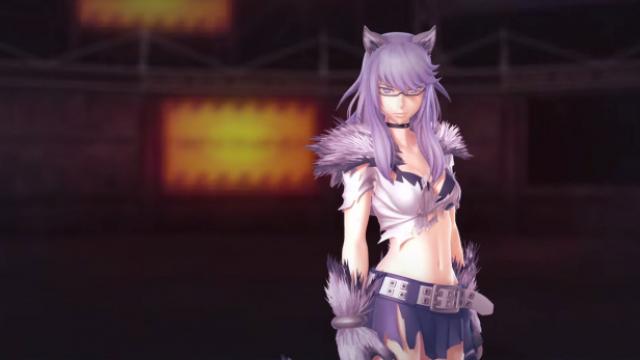
Avid readers of my content will know that I’m a big fan of importing Japanese-only action games for Vita, so it’s always a disappointment when one is announced and my excitement builds only for it to get cancelled along the way. That’s unfortunately what happened with Killing Bites, based on the popular anime about humans who transform into beasts called ‘hybrids’ and fight in deadly underground tournaments.
If you’re thinking “that sounds like Bloody Roar” then that was the impression I got too, and I’ll always be happy to see more things like Bloody Roar. Other than being an ‘action’ title we knew little about its genre or gameplay structure (I suspect it would have been a brawler in the vein of Senran Kagura, but that’s just pure guesswork based on what has been popular on the handheld) and it was unceremoniously cancelled for both PS4 and Vita two years after being announced, without an ounce of gameplay footage to show for it. A real shame, because I’d like to have seen what could be done with Killing Bites.
Medal of Honor
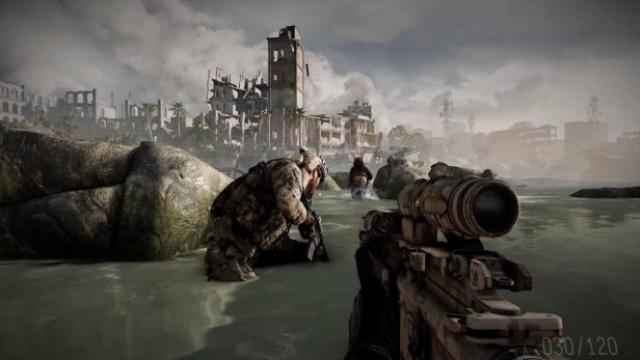
One of the things PSP did that no handheld had really done before was demonstrate that full-fat shooters were possible on the go. In the realm of first-person games Medal of Honor Heroes was the shining example of what could be done, while SOCOM: Fireteam Bravo and its sequels were its equivalent in terms of third-person titles. Vita never really received the same love, so when it was unearthed that SOCOM: Fireteam Bravo 3 developer Slant Six Games had been working on a Vita-exclusive Medal of Honor it certainly made me lament what could have been.
Now sure, the developer’s pedigree certainly wasn’t stellar (it was responsible for the average SOCOM: Confrontation and the fairly poor Resident Evil: Operation Raccoon City on PS3 after all), but its handheld output was fairly solid and the developers clearly knew how to craft a good game when following the right template. Vita is in desperate need of more FPS titles and Killzone Mercenary showed just how impressive a custom-built portable FPS could be, making it a real shame that this one never came to pass.
Ratchet & Clank: Into the Nexus
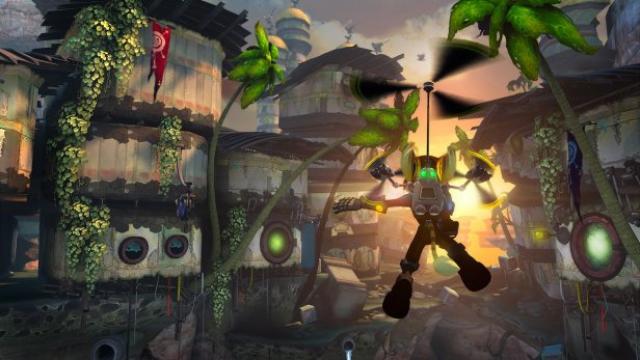
There was a time when Sony was pushing its cross-buy initiative hard (where you buy a title once for both PS3 and Vita), particularly with its own family-friendly titles like PlayStation All-Stars and Sly Cooper. Ratchet & Clank also received this treatment with Q-Force, but it seemed that we were also going to get that game’s sequel - Into the Nexus - at one point too, until it was scrapped even after multiple ratings boards had leaked news of the port.
As the final entry in the Future sub-series, Nexus was a return to the traditional third-person-shooting-meets-3D-platformer gameplay that had made the franchise such a success in the first place. It mixed in some fantastic gravity elements with a handful of the most open environments ever seen in a Ratchet title. I had a blast when I played it on PS3, even if it was a bit on the short side. I’d guess it was cancelled because the port was being handled by Tin Giant, who had made a right mess of Q-Force, but I was personally really disappointed that it never happened.
Conclusion
The past couple of years of the Vita’s life have exposed the unfortunately cold and harsh reality of game development – that initial intentions can be good, but weak hardware sales are a perfectly good reason for a developer not to bring its title to the platform. We’ve seen this from studios of every size – from little independent developers (JYDGE), to projects where gamers themselves funded the development (Bloodstained), to mid-sized Japanese publishers (13 Sentinels), and even juggernauts like Sony itself (Ratchet).
Vita’s software library has always massively surpassed my expectations and it has received a variety of games I never thought were possible, and for that I’m incredibly grateful, but the 10 games on this list would have been brilliant additions and I can’t help but wish they’d somehow happened.









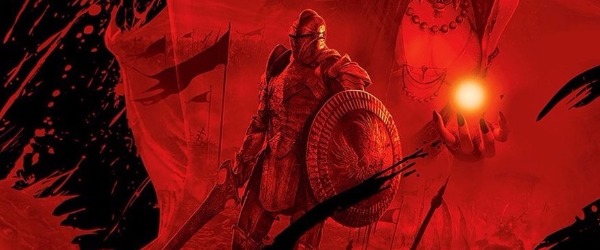
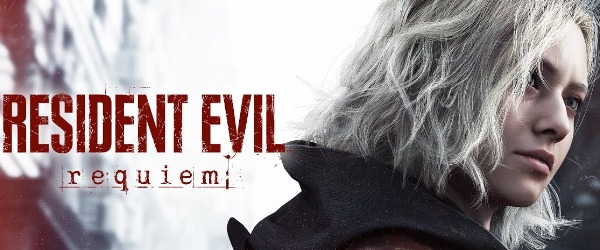











 Essay Pro
Essay Pro